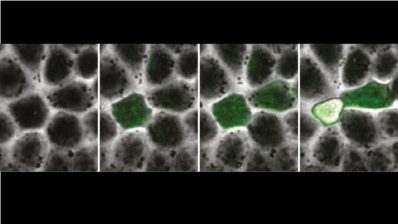A groundbreaking experimental study conducted by a research team from the Department of Medicine and Life Sciences (MELIS-UPF) in collaboration with the Hospital del Mar Research Institute has identified and validated a neurobiological mechanism to correct memory deficits caused by fetal alcohol spectrum disorders (FASD) in mice.
FASD encompasses a range of conditions affecting infants exposed to alcohol during pregnancy, with symptoms varying from physical malformations to learning and memory difficulties. Importantly, the study, led by Olga Valverde, head of the Research Group in Behavioural Neurobiology at the MELIS-UPF, reveals that even sporadic alcohol consumption during pregnancy and lactation, when leading to intoxication can result in lasting memory deficits in mice. This impairment is linked to changes in the endocannabinoid system, specifically a reduction in the expression of the PPAR-𝛄 receptor, which plays a critical role in learning and memory processes.
“Even sporadic alcohol consumption during pregnancy and lactation, when leading to intoxication, can result in lasting memory deficits in mice”
Olga Valverde (MELIS-UPF)
Moreover, the study proposes a potential treatment using the drug pioglitazone, commonly used to control blood sugar levels, as it stimulates PPAR receptors. This treatment was shown to alleviate cognitive memory deficits in mice with FASD during infancy. The researchers are optimistic about the possibility of replicating these findings in humans, given the similarities between mice and humans in terms of their biological mechanisms. If confirmed, this could lead to improved diagnosis and treatment for individuals with FASD, a condition that often goes underdiagnosed, especially in children with normal physical appearance.
Garcia-Baos, A., Pastor, A., Gallego-Landin, I. et al. The role of PPAR-γ in memory deficits induced by prenatal and lactation alcohol exposure in mice. Mol Psychiatry (2023). https://doi.org/10.1038/s41380-023-02191-z






